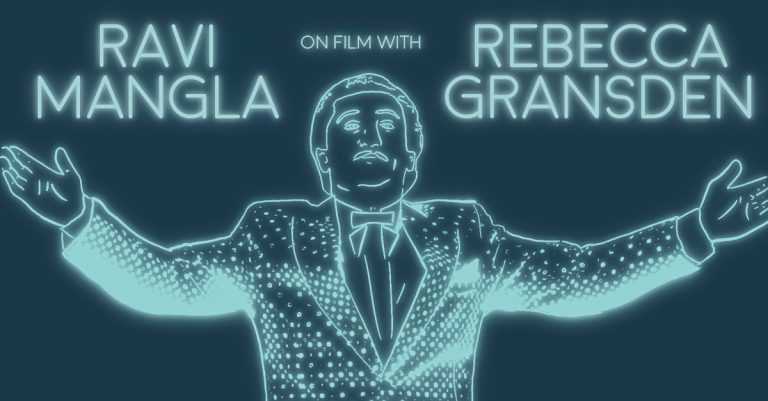
RAVI MANGLA on film with Rebecca Gransden
Video, broadly speaking, is the medium people interact with most on a daily basis, so I think contemporary fiction has some obligation to engage with it (if aiming to render the world as it exists).

Video, broadly speaking, is the medium people interact with most on a daily basis, so I think contemporary fiction has some obligation to engage with it (if aiming to render the world as it exists).
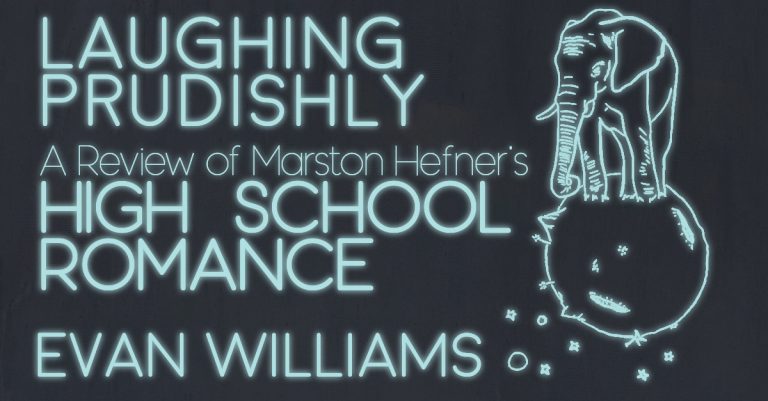
For Hefner, the awkwardness is the point, and he wields its power well.
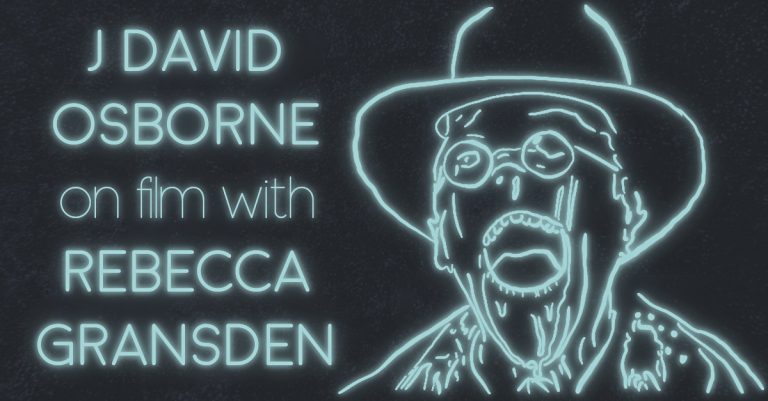
I’ve always been confused about books that attempt to tell a straightforward, filmic plot through the written word. Isn’t that just a less-good version of a medium that already exists? Instead, why not adopt film’s self-confidence?
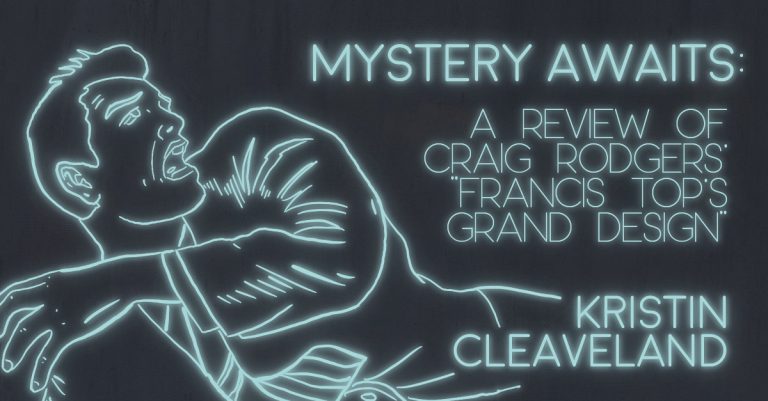
There is an otherworldly quality to many of these tales, a blurring of edges that gives the impression that the stories’ events take place somewhere between waking and sleeping.
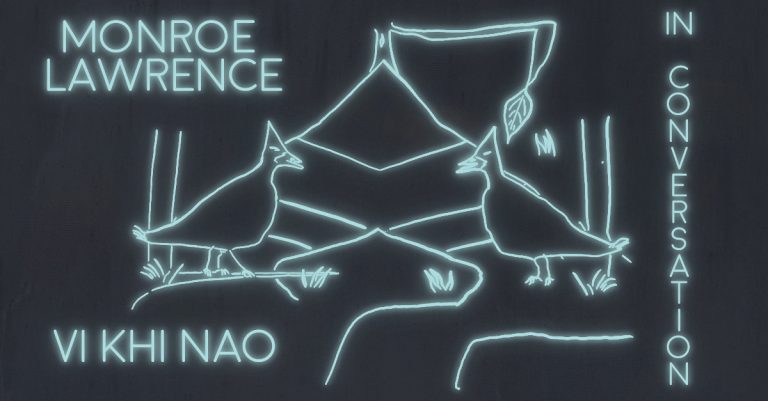
VI KHI NAO: Almond was mentioned quite a few times on page four of About to Be Young. Can you tell me about your relationship with this edible oval nutty thing? When I was in Spain, eating pistachio ice cream for lunch, dinner, and breakfast, the ice cream maker kept repeating “almond,” and “almond” over and over to imply the almond tree growing in the winter months a few hours from Granada. It reminded me of your poem that begins with “Oh God” and ends “crying almond, almond, almond into the night.” Will the poets in my
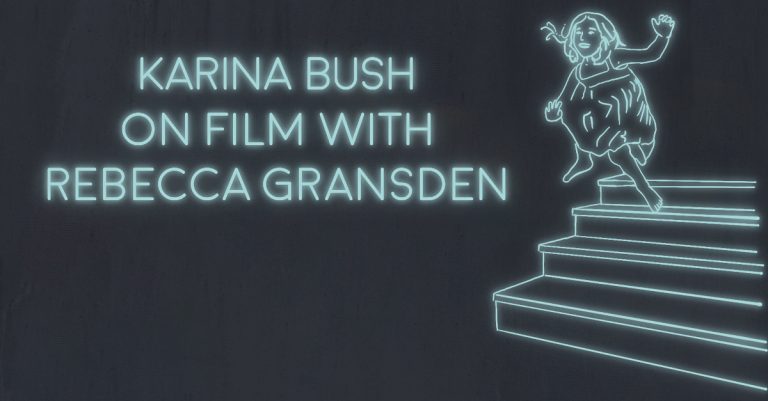
One of my earliest memories is of jumping down all the stairs at once but it must’ve been a dream.
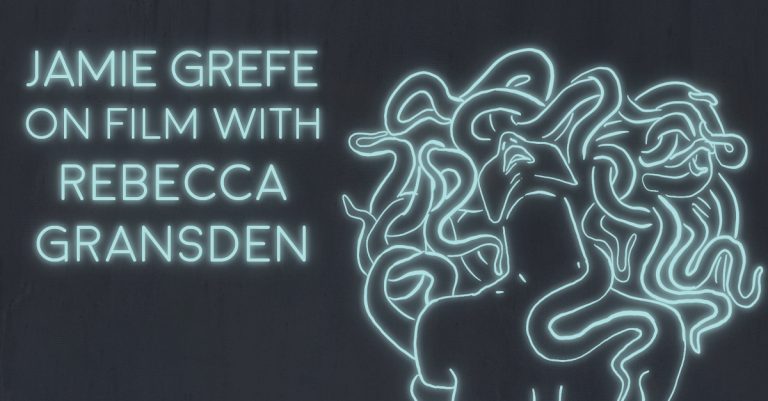
I grew up surrounded by woods, fields, an old mill, a Lutheran church, a cemetery just down the road, a local “party store” in the other direction, and farmland for miles and miles. It was glorious, really. And thank God for that party store.
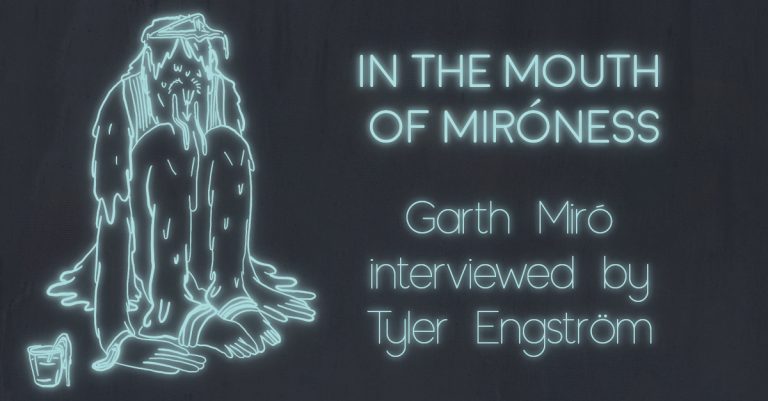
I had a lot of hate. That’s what God gave me to work with, which was a blessing; my capacity to hate things, situations, and people, people most of all, is nothing short of miraculous.
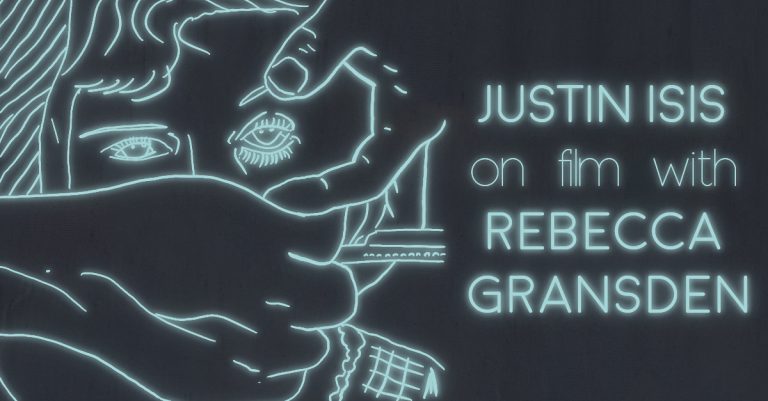
Writers who seem to want to write a commercial screenplay in prose strike me as the least interesting sort. The same goes for all attempts at translating cinematic terminology to prose.
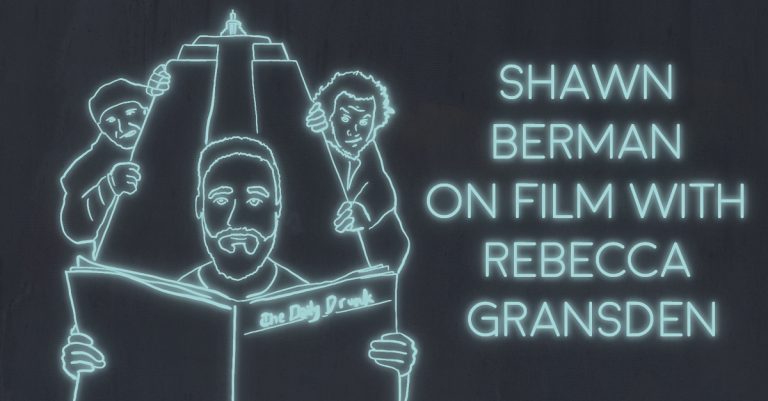
Have fun. Be yourself. All that live free Target store bullshit. But it’s true.
